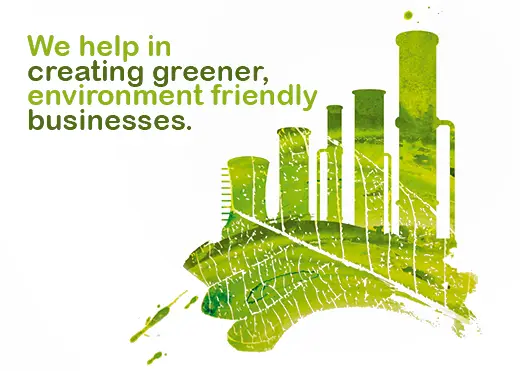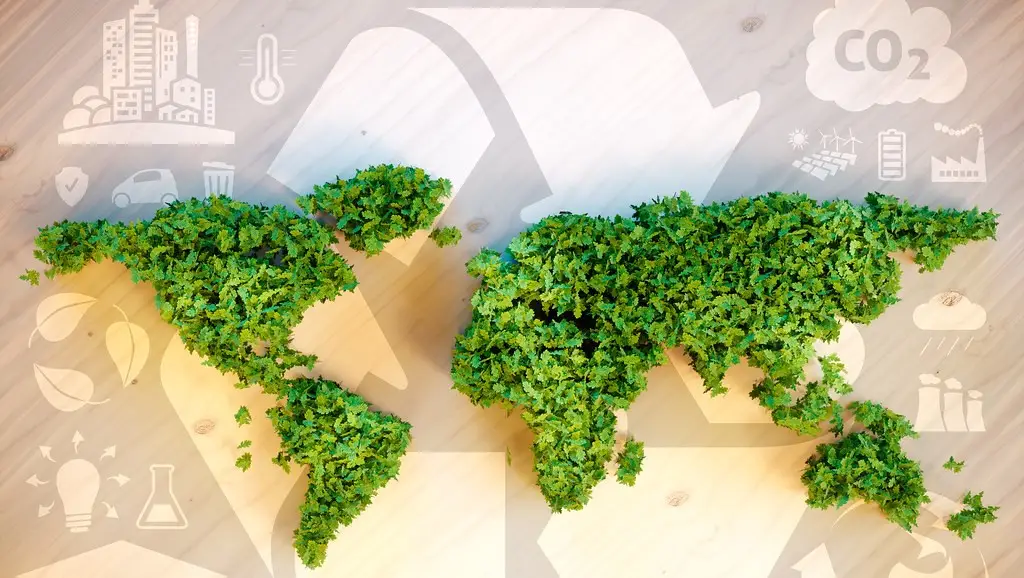We are Revolutionizing
Waste Management by
At Bhumi Carbon Control, we are dedicated to making a positive impact on the environment and economy.
Our journey is marked by innovative solutions and a commitment to sustainable practices.
Bhumi Carbon Control has multiple sustainability-focused modules that can be integrated to maximize revenue streams. Here’s how WE can align them strategically FOR YOU:

Start by advocating for policies that support renewable energy projects and sustainability programs. Education is also key—raising awareness and providing resources about green practices can empower communities. Supporting green businesses through conscious consumption also makes a big impact. Funding and investing in eco-friendly innovations can drive significant change too. Every small action adds up in the greener revolution.
A greener revolution in agriculture with biochar is truly transformative. By integrating biochar, we can significantly improve soil health. It enhances soil structure, increases water retention, and fosters beneficial microbial activity. This means healthier crops with reduced need for chemical fertilizers, leading to lower agricultural runoff and less environmental pollution. Biochar’s ability to sequester carbon makes it a powerful tool in fighting climate change, turning agriculture into a carbon sink rather than a carbon source. It’s a win-win—boosting productivity and sustainability.
Livestock management is a broad field that ensures animals are well-cared for, productive, and healthy. It covers nutrition, housing, health care, breeding, and even waste management. By balancing good husbandry practices with modern technologies, farmers can increase yields while ensuring animal welfare. Efficient management also reduces environmental impacts and improves sustainability. For instance, rotational grazing enhances pasture productivity and soil health. A well-managed livestock farm is the backbone of sustainable agriculture and food security.
Biochar has exciting applications in construction: When mixed with cement, it can reduce the carbon footprint of concrete by sequestering CO2. Biochar-enhanced concrete is lighter, stronger, and more sustainable 1. It also improves insulation when added to plaster, helping maintain optimal indoor temperatures 2. Additionally, biochar can be used in bricks and asphalt, enhancing durability and environmental performance 3. This makes biochar a valuable green additive in the construction industry
Human-induced climate change and the associated global warming pose a serious threat to the earth’s ecosystems and inhabitants. Climate projections show that greenhouse gas (GHG) emissions must fall to zero within a few decades in order to keep the climate stable within acceptable limits. To achieve this goal, it is expected that the removal of CO2 from the atmosphere will be necessary to offset emissions that are more difficult to remove. Therefore, greenhouse gas accounting methods are needed to calculate the exact CO2 reduction required to achieve a given level of emission reduction. As the agricultural production system contributes significantly to greenhouse gases, we need to work towards reducing these emissions. The use of biochar as a means of reducing greenhouse gas emissions and adapting to climate change has gained momentum in recent years. In addition to reducing greenhouse gas emissions (CO2, CH4, N2O), biochar can also improve soil carbon sequestration, nutrient and water retention, and overall soil fertility.
Agriculture is one of the most critical sectors of our living, contributing significantly to global warming due to the GHGs it releases. Agriculture and food production are associated with emitting three GHGs, that is, CO2, CH4 and N2O. During 2018, 9.3 billion metric tonnes of CO2 equivalent (CO2-e) was emitted worldwide because of agriculture, which includes emissions from both agricultural operations inside and outside of farms as well as those caused by changes in land use and land cover(Tubiello et al., 2013; FAO). After dragging its feet on climate change, the world is finally mobilizing toward a goal of lessening GHG emissions.
Innovating sustainable solutions for environmental and business success. R&D drives innovation by exploring new ideas and technologies. It’s the backbone of progress, enabling advancements across industries through rigorous investigation and creativity.
Working with universities and renowned institutes to transform the economy. Via collaborative partnerships we can blend diverse expertise to tackle shared goals, fostering innovation and growth. This will thrive on mutual respect, open communication, and a common vision, driving success through collective effort.
Positively contributing to a greener, more sustainable environment. Effective waste management reduces pollution, conserves resources, and mitigates climate change. Mismanagement, on the other hand, leads to land, air, and water contamination, harming ecosystems and public health.
We propel progress by delivering unwavering, consistent support, ensuring steady growth and development. Our commitment to continuity builds the foundation for lasting success by providing continuous support and guidance for sustainable practices.
